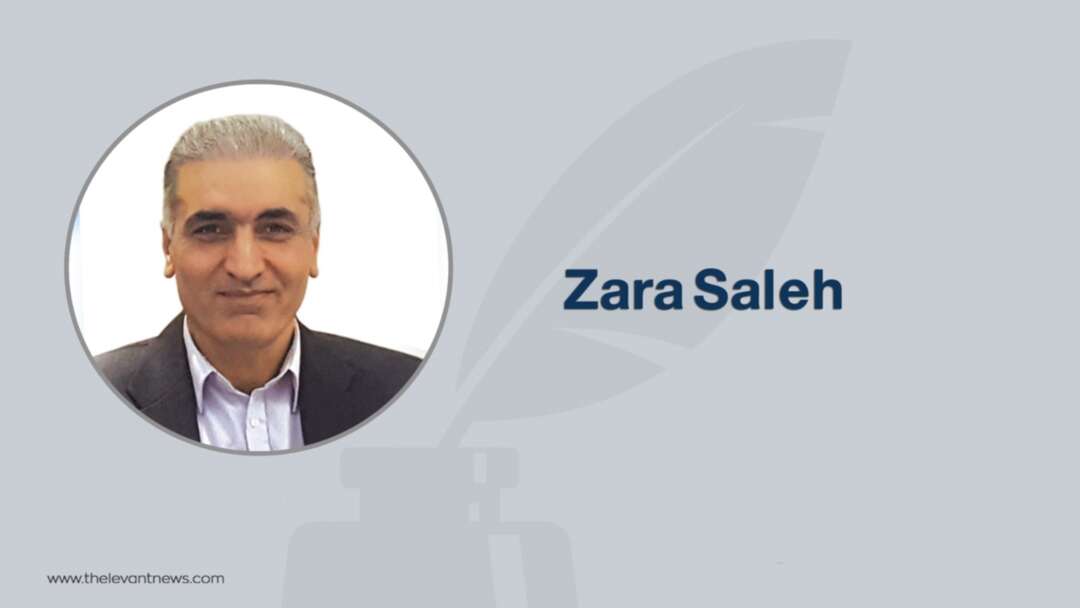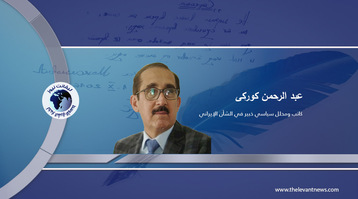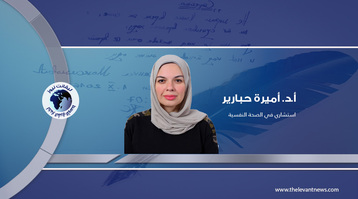-
Can Moscow mediate an agreement between Syrian Kurds and Assad’s regime?

Zara Saleh
It seems increasingly clear that, Moscow, as a one of the most powerful player in Syria, can play mediation role between the Kurds and Damascus. However, with the Russia's obvious support for the Assad’s regime, would it be able to act as a neutral mediator between the two parties?
Recently, as many times before, as Syrian Kurds controls the north-eastern part of Syria, urge Moscow to mediate talks with Bashar Al- Assad. The Kurdish official Ilham Ahmad, which is the co- chairman of the SDF< Syrian Democratic Forces>, who held negotiations with the Syrian government, had last week visited Russian military air base in Syria < Hmeimim- Tartous>, simultaneously with the Turkish threat to invade the Eastern Euphrates and creating a safe zone.
Moscow is always addressing in general its will of ‘the guarantee of the Kurdish rights in Syria’ as a kind of media propaganda , in exchange for the American military departure and in favour of Assad reclaiming full control of Syria. Furthermore, Russia always insists the Syrian Kurds to return to the lap of the Syrian regime without any guarantee of their constitutional rights such as autonomy or self- administration.
Simultaneously, Russia has always been using the ‘Kurdish card’ in favour of its interests. They want to take control over most of the Syrian territories, even the Northeast which is led by the US and its allies, the Kurds. Russia's secret goal is to put its hands on the sources of the economy in the Eastern Euphrates such as oil, gas, water resources and agriculture as it had previously been done in areas under Assad's regime. Russia has reached long-term trade agreement with the Syrian government, like the purchase of the port of Tartous and Latakia beside the full domination of the military bases and the army.
In October 2018, Sergei Lavrov, the top Russian diplomat, said: “ the US has planned to establish a territory that would be a kind of prototype of a new state, the idea of the so-called unified Kurdistan”.
Moscow believes that the American support for the Kurds is also a contribution to continue foreign interference in Syria and threaten the unity of the country. Furthermore, Russia's official position is that the US has a legal basis for its military presence in Syria. But in the meantime, it doesn't share the same position regarding Turkey and Iran despite their military intervention in Syria, and of course with Russia itself as well.
This subject was on the table of the negotiations in Kazakh capital, the Astana 13th round of meetings on Syria on 2nd August. Russia with Iran and Turkey as ‘guaranteed countries’ stated that they rejected the Kurdish separatists agenda in North Syria’. All three countries announced their disagreement to the autonomous regions set up by the Syrian Kurds in North Syria, and it would threaten the sovereignty and unity of the country.
Meanwhile, the relations between Russia and Turkey have fluctuated wildly after Moscow's intervention in Syria, in September 2015 to support the Assad's regime, but Moscow's green light for an operation “ Olive Branch” in kurdish areas of Afrin and Turkey’s apparent silence on Eastern Ghouta, shows some parameters in the political bargaining processes.
This shows a contradiction in the official position of Russia over its claim to obtain the territorial unity and sovereignty of Syria and what has been declared in the last round of Astana’s meeting. Consequently, Moscow will not be able to lead any negotiations as neutral party because it has always been standing by the Bashar Al- Assad's regime.
*political analyst
You May Also Like
Popular Posts
Caricature
Syrians' concerns now
- December 10, 2024
Syrians' concerns now #Syria
#Bashar_al-Assad
#Liberation_of_Syria
#Syrians
#Future_of_Syria
#Levant_News

opinion
Report
ads
Newsletter
Subscribe to our mailing list to get the new updates!



















